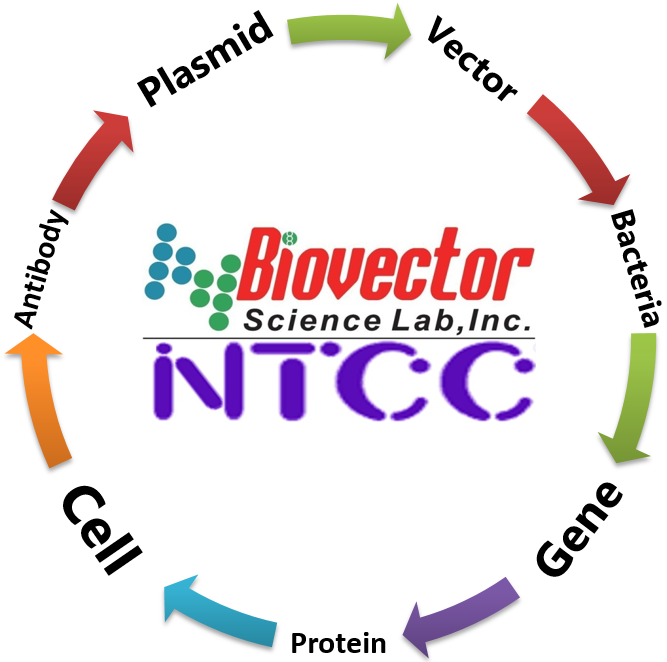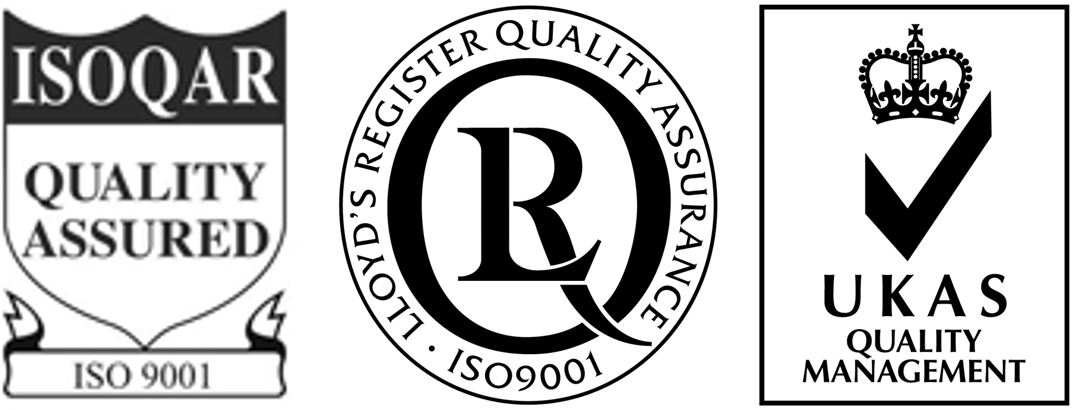RBL SX-38 cell line大鼠嗜碱性白血病细胞株 BioVector NTCC质粒载体菌种细胞基因保藏中心
- 价 格:¥989865
- 货 号:RBL SX-38
- 产 地:北京
- BioVector NTCC典型培养物保藏中心
- 联系人:Dr.Xu, Biovector NTCC Inc.
电话:400-800-2947 工作微信:1843439339 (QQ同号)
邮件:Biovector@163.com
手机:18901268599
地址:北京
- 已注册
RBL SX-38 cell line大鼠嗜碱性白血病细胞株
Rat basophilic leukemia cells (RBL SX-38) express the alpha, beta, and gamma chains of human Fc epsilon RI. Following sensitization with IgE from a subset of allergic human donors, these cells can be triggered by exposure to anti-IgE or to very low concentrations of specific allergens. We examined 18 sera from patients who were highly sensitive to peanuts by history and had anti-peanut IgE by in vitro testing. The ability of these sera to sensitize the RBL SX-38 cells for degranulation with peanut allergens correlates very well with the absolute amount of anti-peanut IgE (r=0.95; p<0.001). The most effective sera contained at least 50 kU/l of total IgE and at least 15 kU/l of peanut-specific IgE. RBL SX-38 cells sensitized with these sera degranulated optimally upon exposure to anti-IgE (net degranulation of 40+/-8%, means+/-S.D.; n=8) and to a 10(5)-10(6) dilution of crude peanut extract (CPE) (37+/-7% net degranulation; 93+/-13% of that seen with anti-IgE). This assay is quite sensitive. Cells sensitized with selected sera are activated by exposure to a 1:10(7) dilution of the CPE containing picogram amounts of peanut allergens. This assay is also quite specific. Cells sensitized with sera from patients with anti-peanut IgE and no detectable IgE against soybean, walnut or grass pollen did not degranulate following exposure to these latter antigens. The converse was also true; cells sensitized with sera from patients without anti-peanut IgE did not react to peanut. These data demonstrate that RBL cells expressing human Fc epsilon RI form the basis of a useful model system for the detection of allergens and for the study of IgE-allergen interactions.
Supplier来源:BioVector NTCC Inc.
TEL电话:400-800-2947
Website网址: http://www.biovector.net
- 公告/新闻




